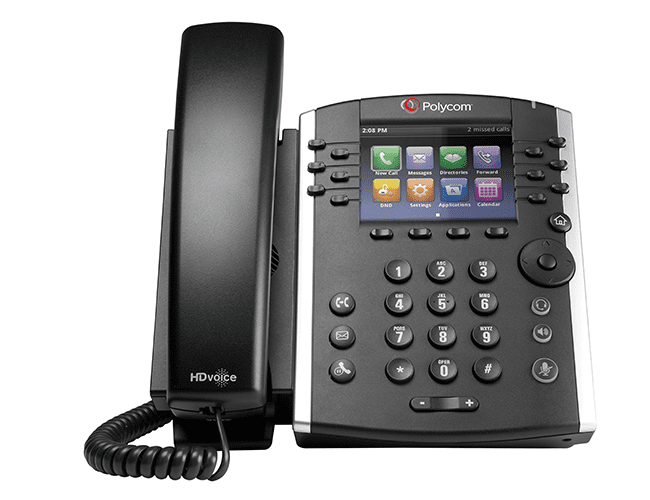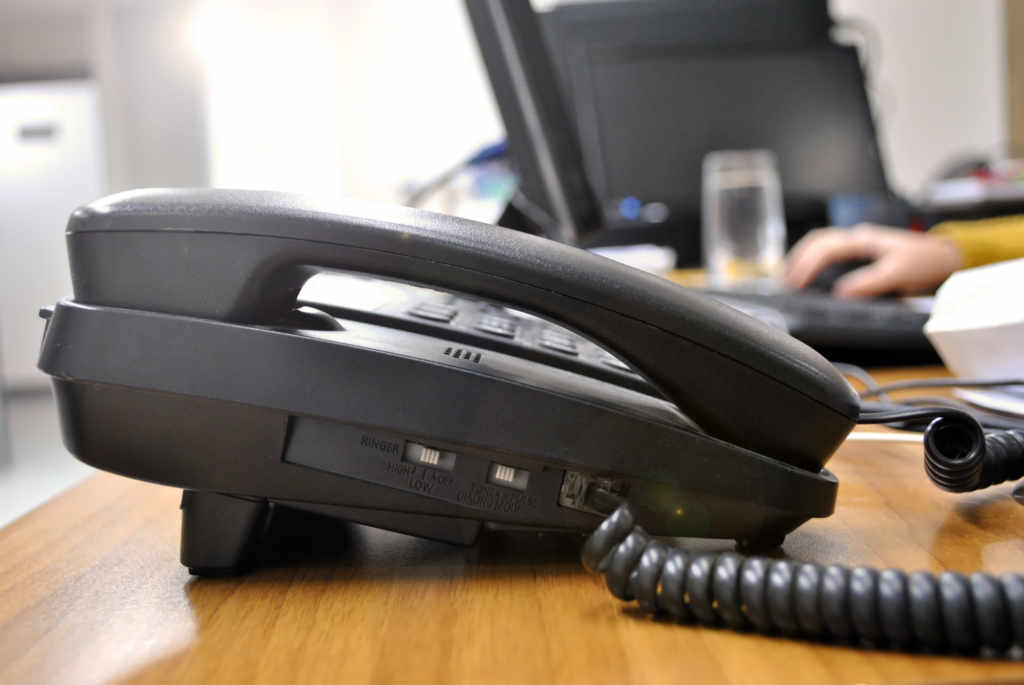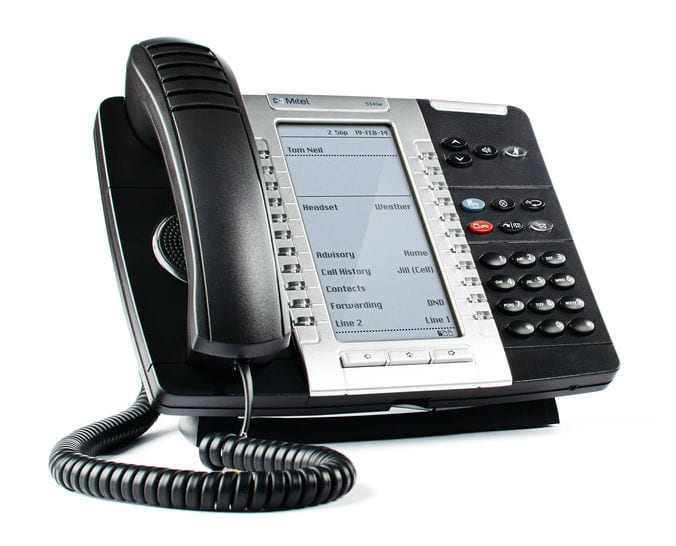What to Look for in the Best Office Phone Systems
Many businesses rely on reliable communication to run their business and keep their customers happy. Find out what to look for in office phone systems here to make sure you get the right type for your business.
With 80%-90% of calls not being useful to most consumers, our relationship to the phone is becoming marred by spam and unwanted calls.
When someone makes a phone call now, it's usually to customer service or to issue a complaint of some kind. Office phone systems are still an essential element of doing business that can make a big difference as to whether or not your clients are happy.
When you're on the hunt for a new office phone system, Side By Side Reviews suggest you need to look for these 4 traits.
1. Assess Your Institution
 When you're deciding on what kind of office phone system you need, it's important to have a grasp on the scale of your business and where you'll be in 5 years. Investing in a phone system that will be obsolete in a year could be a hugely wasted investment. Putting money into a system that won't give you what you need isn't worth it.
When you're deciding on what kind of office phone system you need, it's important to have a grasp on the scale of your business and where you'll be in 5 years. Investing in a phone system that will be obsolete in a year could be a hugely wasted investment. Putting money into a system that won't give you what you need isn't worth it.
If every staff member needs to be reached by phone, you need to have a robust office phone system. If you're only looking at one or two staff members, you can get a simple two-line business phone.
For companies who employ less than ten full-time staff members, a few lines are enough. You can let your employees do the vital work and direct all your calls to the front desk. With an adept reception team, you can juggle all customer contact while the rest of your team gets down to business.
A few phones are fine for a small team, but if you're scaling up, you'll soon find that a meager office phone system won't be acceptable.
2. Outline Your Essential Business Telephone Features
Every company runs differently when it comes to communication between staff members and customers. While some companies stress the client-facing team with a system that redirects calls easily, others need to have a phone tree system that directs calls.
Outline what you need before you open up the checkbook.
If your company has a receptionist, you might need them to juggle the calls from their desk before they get forwarded. If you can't afford one, you might have a call service or an automated system redirect calls. Because most clients want to speak to a human being, you should consider using an answering service to send your calls if you don't have a receptionist.
For conference calling, you'll need a specialized office phone system. If you anticipate lots of instances of people calling into your system remotely, make sure you prepare for that in advance.
Making a list of the features that you need will help you to narrow down which system will work best for you.
3. Location Matters
The geographic location where your office is will determine the kind of office phone solution that you need. If you have multiple locations, you'll need a much more complex system than if you had a single office. If you want your phones to be able to connect to one another or to be able to forward calls from one office to another location, you'll need specific hardware.
Phone systems for dispersed companies require that you have expensive pieces of hardware in every location. Depending on the size of your system, you might need something different in each location. Contact a phone systems specialist to determine exactly what you need.
Different systems in different offices can still be compatible with one another. Just because you have to buy different pieces of technology doesn't mean they won't work together. Run adequate tests to ensure that you can easily connect between locations without losing any calls.
 4. Choose Your Office Phone Technology
4. Choose Your Office Phone Technology
You need to roll up your sleeves and get to know phone technology better to make a good decision about your office phone system.
A private branch exchange or PBX can put your phone technology mainly on a single piece of hardware that manages calls from the phone company. The PBX system is responsible for quick rerouting of calls to different places. A PBX system will give you accuracy but limit the options for a complex or nuanced understanding of customer needs.
A voice over internet protocol or VOIP system doesn't use the phone lines at all. It doesn't need a centralized piece of equipment either. Each phone will plug into the internet and allow you to manage your call systems that way.
While VOIP might be harder to wrap your head around, PBX systems cost more and can be hard to program. If you're the type who 20 years ago would have struggled to program a VCR, this isn't for you. VOIP is much easier to use.
VOIP can also be spread across several locations. The only issue is the price of handsets. With the high cost of the phones themselves, many companies struggle to decide between these two technologies. Knowing what's right for your company requires an understanding of what your clients want and need.
If you rarely get calls or if your clients would be happy being serviced by an automated system, you could be pleased with either of these systems.
Office Phone Systems Can Impact Your Business
Believe it or not, office phone systems can tell your clients how serious you are about their business and whether or not you're deserving of their time.
For calls that are there to complain about something you did wrong or didn't do at all, you might want to skip phone calls. However, the calls that tell you how well clients are doing, how you've changed someone's life, or have helped improve their customer experience make it all worthwhile.
In the market for a business phone system?
See Side By Side Phone System Reviews Here
Author: Hudson Piccini
Hudson Cynar, a Harvard University alumna and the owner of three prosperous enterprises, is a distinguished business consultant, author, and writer. Her expertise spans multiple business sectors, with a particular emphasis on storage containers, commercial copiers, payroll services, and medical billing software. Dedicatedly investing thousands of hours into product and service research, Hudson crafts insightful reviews to guide entrepreneurs in making informed decisions for their businesses.

 4. Choose Your Office Phone Technology
4. Choose Your Office Phone Technology